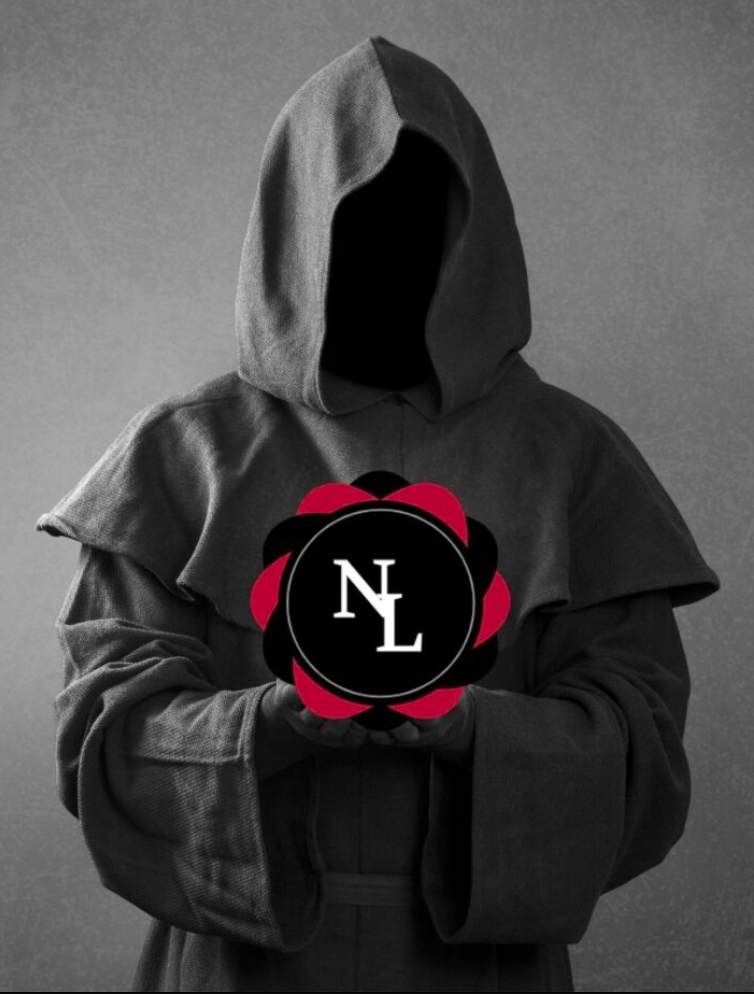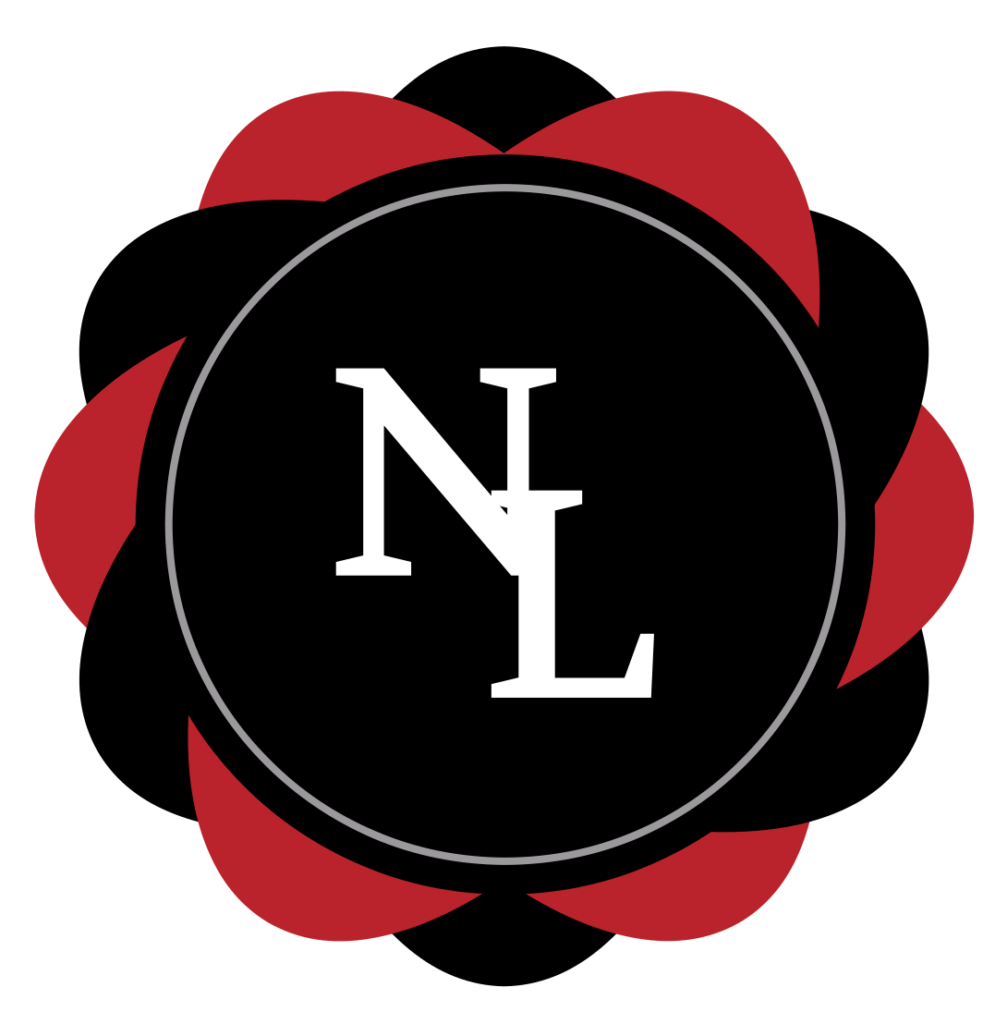The Dark Monk

The Dark Monk, agent of chaos and manipulation
2: 1 The man that would become the Dark Monk was born in the 1st Century BC, of the first incarnation. 2: 2 An animistic shaman of the Frisii, an ancient people who inhabited the North-Western coast of Germania in what is now the Netherlands. 2: 3 His name, family, and the exact location of his death are lost to history. However, we do know that he was tortured and killed by invading Roman legions led by Nero Claudius Drusus around the year 12 BC. 2: 4 An adept at alchemy and the controlling of plants and animals he was renowned by his people for these skills and was a conduit for the nature-based spirituality of this time and place.
2: 5 Legend tells us that while watching the advance of the legions into the sacred places of the land he had a vision.
2: 6 Through the straight lines and right angles of the approaching Roman columns, he saw the unstoppable force of human greed and ambition. And, what would ultimately lead to the conquest of nature, and of the freedom of the human spirit.
2: 7 He glimpsed through the clanging of swords, the fire, and the smoke of indiscriminate slaughter, what would become the atrocities of colonialism, the Industrial Revolution, world conflict, and ultimately world ruin. 2: 8 In the end, he was publicly tortured and killed. His body was then displayed at the gates of his ruined village as a warning by the Romans to others of his kind.
2: 9 However, in his first and only death, he was empowered, for he glimpsed humanity’s heretical future, the tearing away of the purpose intended by the Creator, and the emergence of the class-structured, materialistic, egoism now set in motion by man.
2: 10 The Monk was transformed and sent by the Creator as the enforcer of condemnation. 2: 11 The Monk is the keeper of the Dominion inside The Bastille. Able to move freely forward and back from the Emergence to the Extinction and sowing the seeds for both.
2: 12 The Monk assures that the extinction event takes place on time. 2: 13 Manipulating circumstances through controlling the minds of the weak and ambitious, through coercion, and murder. 2: 14 The Monk is The Bastille’s agent of chaos. He spreads human suffering and maintains the rules given to him by the Creator. 2: 15 Assassinating those in power that may ease suffering or work for equity. Through corruption and ignorance, he spreads greed, fascism, racism, and hate, dividing us against one another.
2: 16 The Controller of natural disasters and the starter of wars. He is there during droughts and plagues.
2: 17 But the Monk is not evil, he is the enforcer of our damnation. A reflection of us, the Monk embodies our own worst nature, our prejudices, our darkest desires, and our most glaring weaknesses.
2: 18 Beware of the Dark Monk, resist those who have fallen under his influence, and accept his purposes.
